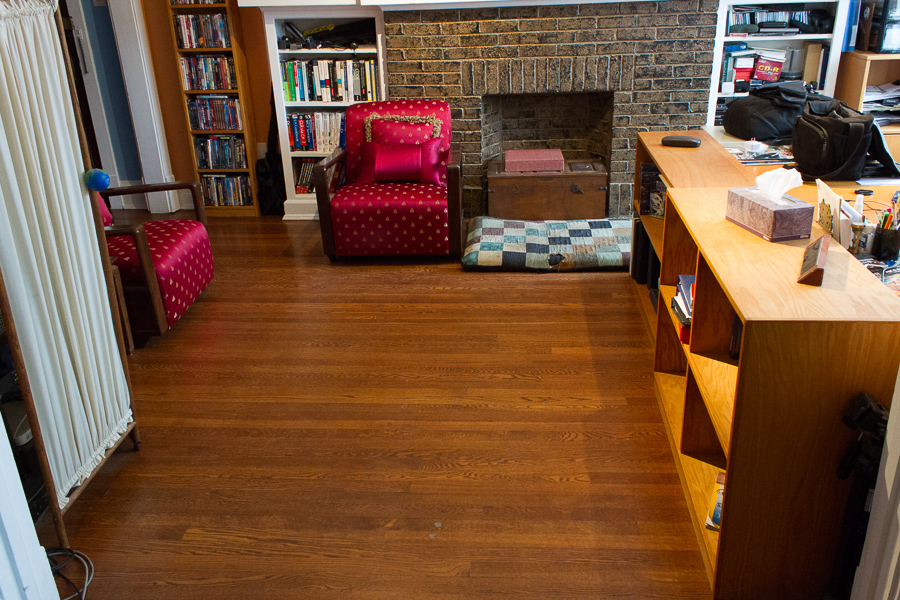My first website, braverman.org, debuted in New York on 16 August 1997. We didn't have things called "blogs" back then, but over the course of about four years I posted jokes, stories, and poetry—almost all of it submitted by other people—two or three times per week. It was kind of blog-like, except I had to add actual Classic ASP pages to the site until I figured out a way to automate it in May 1998.
I'm going to start re-posting the archives, with their original time stamps...
Here are the first ones, from May 1998.
A Dalek:
Prince Charles and the Duchess of Cornwall were on a visit to the set at BBC Wales' Roath Lock studios on day three of their summer tour of Wales.
The couple also met Matt Smith, who currently plays the Doctor but is stepping down, and Jenna Coleman, who plays his companion, as well as series head writer Mr Moffat.
The tour included the set of the Tardis, the Doctor's time travelling ship, as well as a display of some of the show's monsters, including a weeping angel and a cyberman.
I'm pretty sure he won't be the 13th Doctor...
This kid has personality:

I love my dogsitters, but sometimes they send the oddest messages. I received this email yesterday morning:
ALL DOGS must wear a collar around their neck with a name tag and contact information on that tag. Harnesses are not what we need, we need to have collars. It's a City Ordinance, like most laws, the City is starting to enforce them and any customer found not with a collar risks a $500 fine for both the customer and facility. We'll be happy to sell Dogs without collars and name tags one and charge your account accordingly. We have several dogs that look alike, 12 black labs in a room gets confusing and we need to make sure we are aware of each dog and correctly identify each of them.
Re-read that penultimate sentence: "We'll be happy to sell Dogs without collars and name tags one and charge your account accordingly."
Seriously, I had to read that three times before I saw the word "one." Good thing Parker has a collar, though; I'd hate him to be sold. (Wait...that's not right either.)
As the joke goes: "I'm a linguist, so I like ambiguity more than most people."
I don't know why I started thinking about full English breakfasts just now. I think I last had one 3½ years ago:

Wow, I need to get back to London...
My poor sick dog didn't completely destroy my rugs, but Eli Peer has a job on his hands. Even without the, uh, contributions from Parker last week, the six years of accumulated dog hair mitigated in favor of a good deep cleaning as well. Eli recommends cleaning rugs every couple of years, so mine were long overdue anyway. Judging by the portion covered by the bookshelves in the photo below—a portion without dog hair, dirt, and innumerable other insults—they looked pretty dire. Here's the room in 2008:

Here it is on Saturday:

And in case you don't recognize the line, here's one of its funnier instances.
Via Sullivan, scholar John Suiter discovered a recording of Allen Ginsberg reading "Howl" at Oregon's Reed College in 1956:
It’s also easy to forget that Allen Ginsberg’s generation-defining poem “Howl” was once almost a casualty of censorship. The most likely successor to Walt Whitman’s vision, Ginsberg’s oracular utterances did not sit well with U.S. Customs, who in 1957 tried to seize every copy of the British second printing. When that failed, police arrested the poem’s publisher, Lawrence Ferlinghetti, and he and Ginsberg’s “Howl” were put on trial for obscenity. Apparently, phrases like “cock and endless balls” did not sit well with the authorities. But the court vindicated them all.
The recording [linked above] sat dormant in Reed’s archives for over fifty years until scholar John Suiter rediscovered it in 2008. In it, Ginsberg reads his great prophetic work, not with the cadences of a street preacher or jazzman—both of which he had in his repertoire—but in an almost robotic monotone with an undertone of manic urgency. Ginsberg’s reading, before an intimate group of students in a dormitory lounge, took place only just before the first printing of the poem in the City Lights edition.
That's almost sixty years ago; the poet was 30. For what it's worth, I bought my copy at City Lights many years ago.
Work, walking lunch, work, work, trivia, sleep. Meanwhile:
The Showtime series The Borgias will end its three-year run next week, mainly due to salaries increasing while ratings decrease. But creator Neil Jordan also understood the story had ended:
[W]hile filming a pivotal scene in the Season 3 finale, Jordan said [Jeremy] Irons turned to him and told him that “this feels like the end of something, that the family has come to an end.” While mulling a potential fourth season, Jordan said he wasn’t sure he had enough material for 10 episodes and wasn’t sure whether Showtime would want to commit to another season either. “As a compromise, I proposed to finish the arc of all the characters with a two-hour movie,” Jordan said, adding that Showtime commissioned the script and he wrote it. “When they looked at what it could cost, it was just too expensive,” he said.
Having just finished the penultimate episode of the series, I might go farther: the final scene of tonight's episode was, in fact, the technical climax[1] of the story. I would have liked more of this story; but tonight, the central conflict—the driving force of the story—resolved.
But what is it about penultimates in modern television fiction, though? Every Game of Thrones season builds up to Episode 9 and then uses Episode 10 to set up the next season. It's becoming a trope.
Ah, show business.
Let me say that again: show business.[2]
I plan to write more about the connection between The Borgias and that last bit there. For now, let me just say: Babylon 5, The Prisoner, and Lost. Three great stories, none of them finished right. (But J. Michael Straczynski at least had a plan.)
—
[1] The technical climax of a story is the point where the story can only go in one direction from that point. The dramatic climax is the payoff. For example: in The Godfather (one of the best films ever made, as far as I'm concerned), the technical climax happens when Michael visits his father in the hospital, and says, "I'm with you now, Papa." The dramatic climax occurs during the baptism. If you don't know what I mean, you really need to watch this movie.
[2] This is how my dad begins every screenwriting course he teaches. It's shocking to every student in the room. And it's the best description of entertainment I've ever seen.